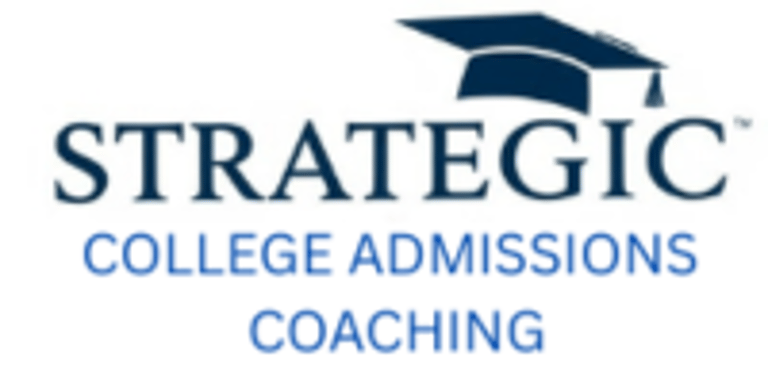What Top Schools Really Look for in Essays (And What to Avoid)
9/11/20242 min read


What Top Schools Really Look for in Essays (And What to Avoid)
Strategic College Admissions Coaching
Every year, students tie themselves in knots trying to craft the “perfect” college essay. They agonize over topics, hunt for words that sound “impressive,” and stress about whether their life experiences measure up to their peers. Somewhere along the way, they start believing a damaging myth—that a winning essay must be built on a life-altering, cinematic moment.
In my experience, having read and guided hundreds of successful essays, the opposite is true: the most powerful essays are often the simplest. They’re not about climbing Everest or running through a burning house to save strangers at 15—they’re about authentic moments, told with honesty and reflection. Admissions officers aren’t looking for a blockbuster plot—they’re looking to learn about you.
The Essay That Didn’t Look Like an Essay
A few years ago, I worked with a student—let’s call him Aaron—who was convinced he had “nothing to write about.” His GPA was strong, his activities steady, but he hadn’t faced dramatic adversity or accomplished athletic feats. Through our brainstorming process, he casually mentioned a love of cooking.
Through our brainstorming process, he casually mentioned that he loves cooking—not in a “watching TikTok recipes” way, but in a patient, problem-solving way. As we spoke, he described the challenge of opening the refrigerator, finding only a few random ingredients, and figuring out how to make something delicious out of them. He talked about making dinner for his parents after long workdays so they could have a moment to rest, whipping up midnight pasta Bolognese for his hungry sister, and offering truffle macaroni and cheese to a heartbroken friend who needed comfort more than conversation.
That became his essay. Not because it was flashy, but because in writing about the quiet rituals of chopping onions, tasting for seasoning, and plating with care, he revealed empathy, resourcefulness, and a deep commitment to nurturing the people around him. Those stories weren’t just about food—they were about how he sees the world, and the way he shows up for others. That essay didn’t just get him in—it became the first thing his admissions officer mentioned when they met.
Common Pitfalls to Avoid
Overused topics such as sports injuries, volunteer trips, or summer volunteer work can work only if you bring a fresh, deeply personal lens.
Writing in ways that perform instead of reveal by trying to impress with big words or “accomplishment lists” drains your voice.
Meandering narratives that lack structure and lose the reader mean your point will be lost
How to Begin the Right Way
I have several exercises I use with students, but they all work to help students spill their thoughts without editing because the best material often hides in the mess. We dig beneath the obvious stories to find the ones that reveal the why behind their choices.
Once you have an excellent topic, anchor it in anecdotes, small, specific scenes have more impact than sweeping generalizations. Read your draft aloud and make sure that its voice sounds like you and not a textbook or typical school essay. Be sure to get feedback from someone who understands admissions—this essay is a different genre than you are accustomed to, and you don’t want your essay to get “polished” into generic mush.
Summing it Up
A great essay doesn’t announce, “I am impressive.” It whispers, “This is who I am.” The admissions reader should finish with a sense of your mind and your values, not just your achievements. Remember that when a reader feels like they’ve met you—and liked you—they remember you. And in this process, that’s everything.
Guidance
Global Support, Wherever You Are
Success
Dreams
Succeed@strategiccollegeadmissionscoaching.com
+1-917-456-6056
© 2025. All rights reserved.
We work remotely with students across the U.S. and around the world. Through video calls, messaging, and collaborative tools, we provide personalized, one-on-one guidance—no matter your location or time zone. Whether you’re in New York, Dubai, or anywhere in between, you’ll receive the same expert support and strategic advice every step of the way.
